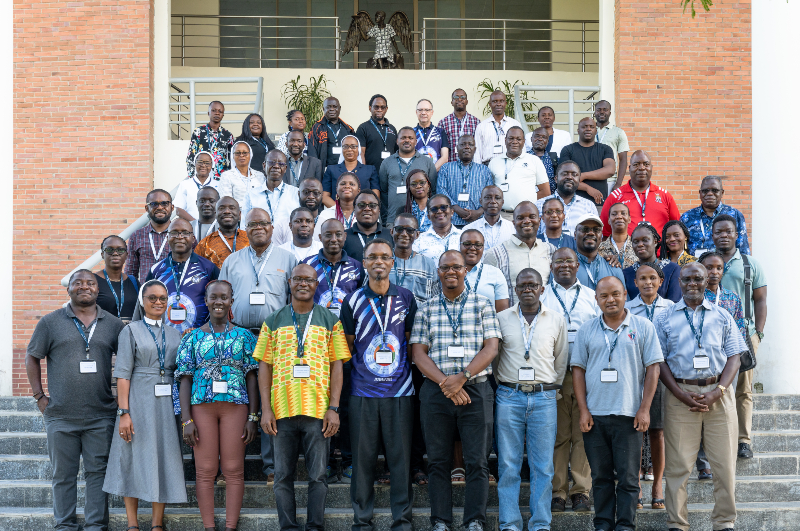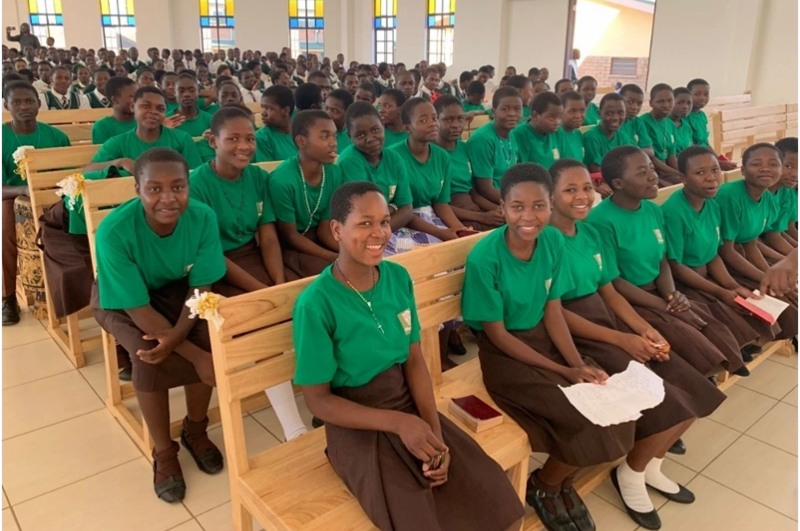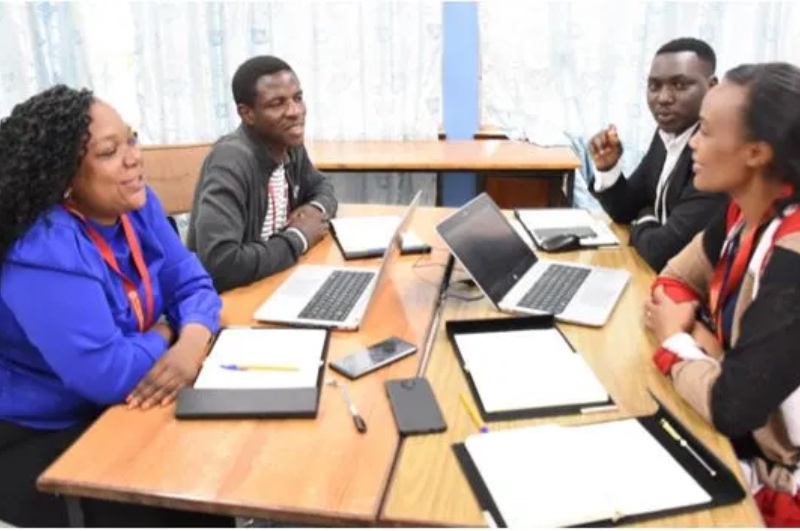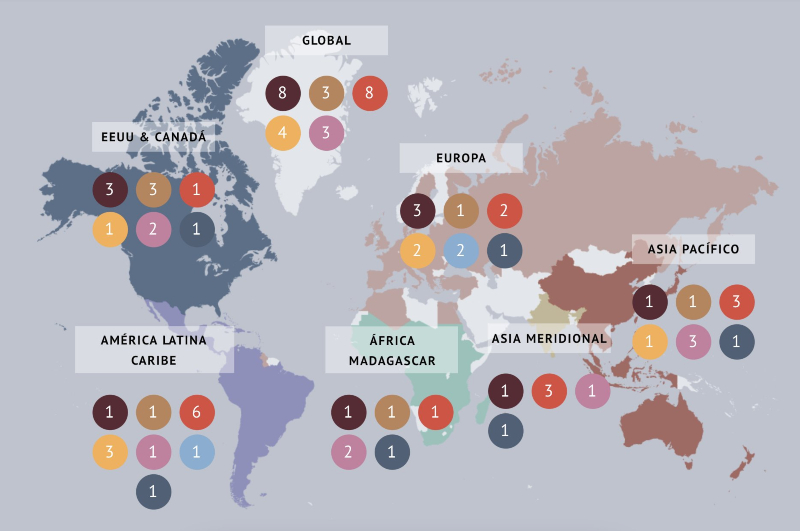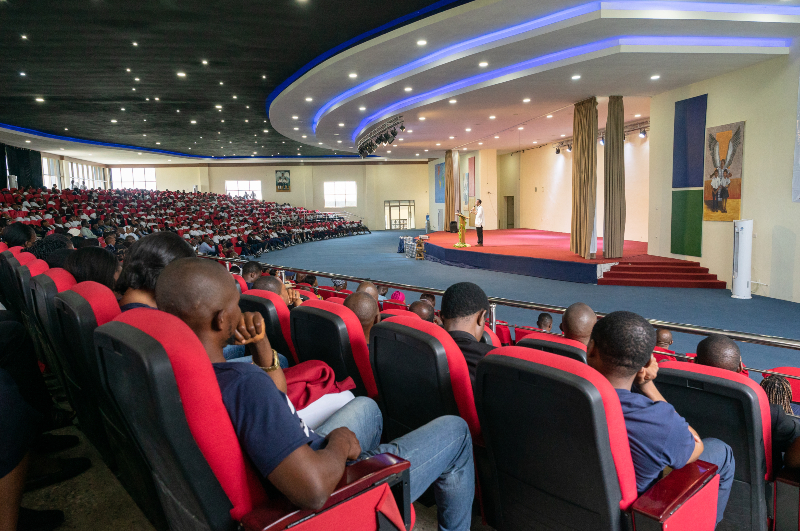

On September 20, 2022, the people who live and work on Loyola street, Karu-Karshi Rd., Gidan, Mangoro, Abuja, where Loyola Jesuit College (LJC) is situated, saw many people being driven in and out of LJC.
One might ask, who are these people and what are they doing at LJC? These people are Jesuit educators, collaborators, and participants of Jesuit education in Africa and Madagascar. They gathered at LJC to participate in the Jesuit Association of Secondary and Basic Education in Africa and Madagascar (JASBEAM) Colloquium. The JASBEAM Colloquium, held from 20th through 25th September 2022 was historical for the African North-West Province of the Society of Jesus because it was the first time to host such a colloquium in the ANW Province.
The JASBEAM Colloquium 2022 was titled: Rediscovering and Embracing the Spirit of Accessibility to all for JASBEAM. What does this mean? JASBEAM is a Jesuit global network of schools where resources, ideas, initiatives, and collaboration are shared through the network of Jesuit schools. To buttress this point, the Conference President, Fr. Orobator Agbonkhianmeghe, SJ, said, “JASBEAM is a gathering of teachers, administrators, chaplains, and Jesuit educators who come together to learn from the same source. Its mission is to create a strong network among Jesuit schools, teachers, and students. More importantly, share educative resources across the continent of Africa and beyond. The JASBEAM gathering is a statement that all hope is not lost in educating and providing good and quality education to the young people of Africa and Madagascar.” He added that “the JASBEAM colloquium is meant to create friendship, partnership and collaboration in Jesuit education and tradition in forming students of conscience, competence, compassion, and commitment.”
In the context of the ten identifiers of Jesuit schools, number six, which is: Jesuit Schools are committed to being Accessible to all, stood at the heart of the colloquium. How does JASBEAM intend to go about this? In a 1980 document entitled Our Secondary Schools: Today and Tomorrow, then Superior General Pedro Arrupe wrote: “We are committed to educate any class of person, without distinction. It cannot be otherwise, because the educational apostolate (just as every other apostolate of the Society) bears the indelible Ignatian imprint of universality... Because the secondary schools of the Society are necessarily instruments of the apostolate —and are therefore subject in principle to the radical gratuity of our ministries, and to our poverty— their availability to students cannot be conditioned by ability to pay. ¬is statement of principle is our ideal.”[1] Pedro Arrupe charged all Jesuit educators to teach, educate and form every student without discrimination, poverty, cultural context and language. Therefore, JASBEAM was charged and encouraged to make education accessible to all in their context and region.
As Jesuit educators and collaborators in the mission of Christ which is rooted in the Spiritual Exercises of St. Ignatius of Loyola, the focus of Jesuit education is on depth, faith, reconciliation, and Justice. And as such, the JASBEAM Colloquium should make use of the Jesuit networking of schools to serve the mission of education not just in Africa and Madagascar but globally, as stressed by the Provincial of ANW Province, Fr. Chukwuyenum Afiawari, SJ, during his opening remarks. He also encouraged the participant to use the opportunity of the colloquium to reflect and discern more about Jesuit education and its positive impact on the students. Additionally, in a video message of Fr. Arturo Sosa, the Superior General of the Society of Jesus, to all the participants at the JASBEAM Colloquium, he charged the Education Delegates, Educators, Collaborators, and participants to be active members of the regional and global network of Jesuit schools through the Educate Magis. He brought to the educators’ awareness that “JASBEAM is in a better position to respond to the challenges of education, and also respond to the quality of education on the continent of Africa.”
In conclusion, as Jesuit educators and leaders who constantly draw strength from Ignatian Spirituality; the priority of spiritual leadership is PEOPLE (pupils, students, and collaborators) – their wellbeing, dignity, and humanity should be central in the formation of the young ones, as stressed by Fr. Orobator. Likewise, a Jesuit educator should be mindful of the following formula of the three “S”: Strong academic, Strong formation, and Strong formation in the service of others. With this formula, a Jesuit educator creates a positive impact on the life of students, according to Fr. José Mesa, SJ; Secretary-General for Secondary Education of the Society of Jesus.
Fr. Michael Abiodun Oluwadare, SJ, is the Principal-Designate at Arrupe Jesuit College, in the Africa North-West Province (ANW) of the Society of Jesus
Photos courtesy: Fr. Itua Egbor, SJ, Africa North-West Province (ANW).
Related Articles
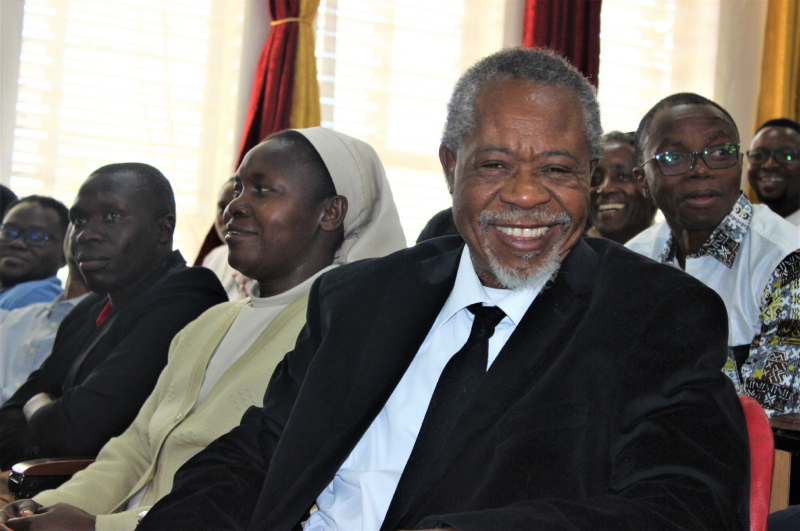
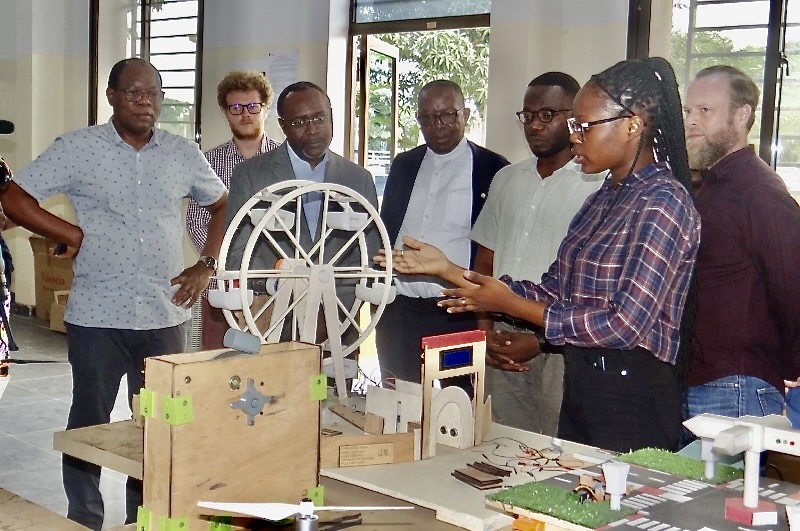
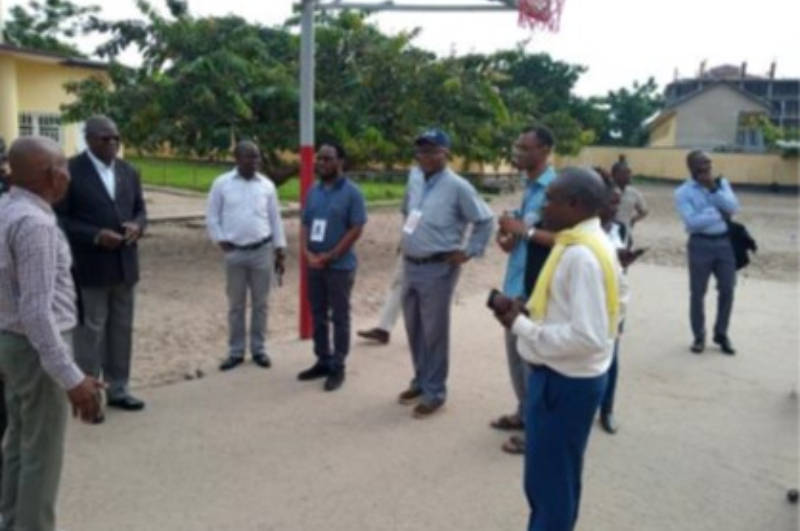
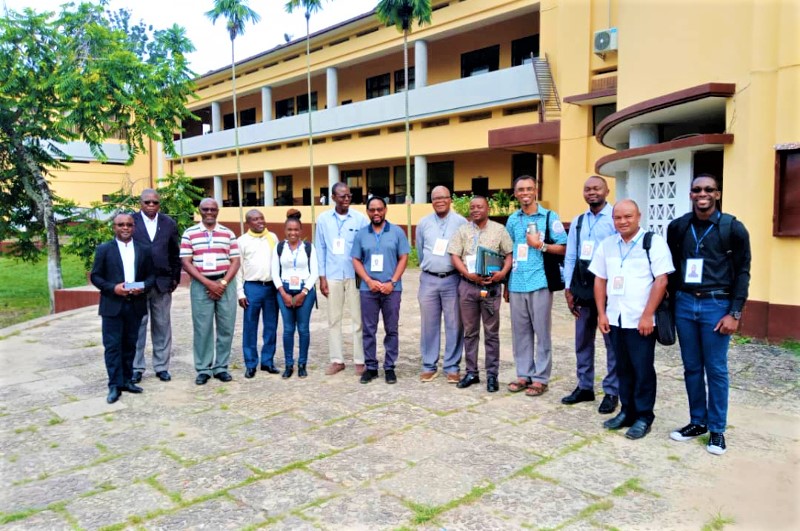

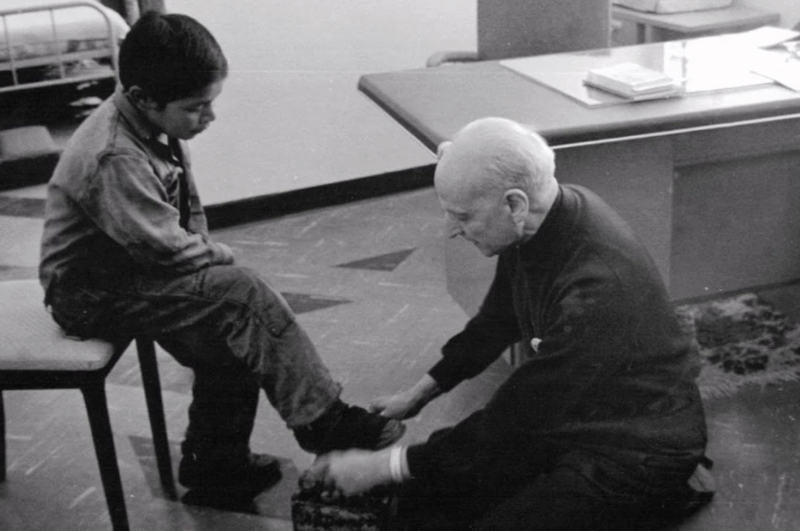
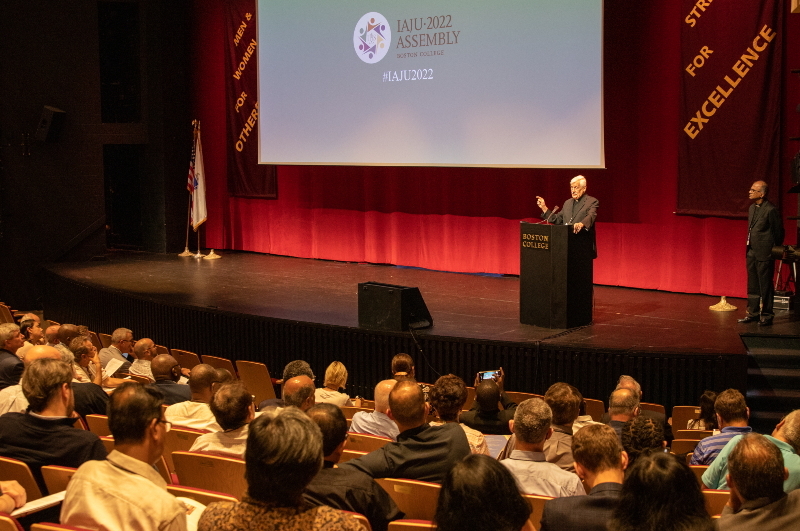
Select Payment Method
Pay by bank transfer
If you wish to make a donation by direct bank transfer please contact Fr Paul Hamill SJ treasurer@jesuits.africa. Fr Paul will get in touch with you about the best method of transfer for you and share account details with you. Donations can be one-off gifts or of any frequency; for example, you might wish to become a regular monthly donor of small amounts; that sort of reliable income can allow for very welcome forward planning in the development of the Society’s works in Africa and Madagascar.
Often it is easier to send a donation to an office within your own country and Fr Paul can advise on how that might be done. In some countries this kind of giving can also be recognised for tax relief and the necessary receipts will be issued.


